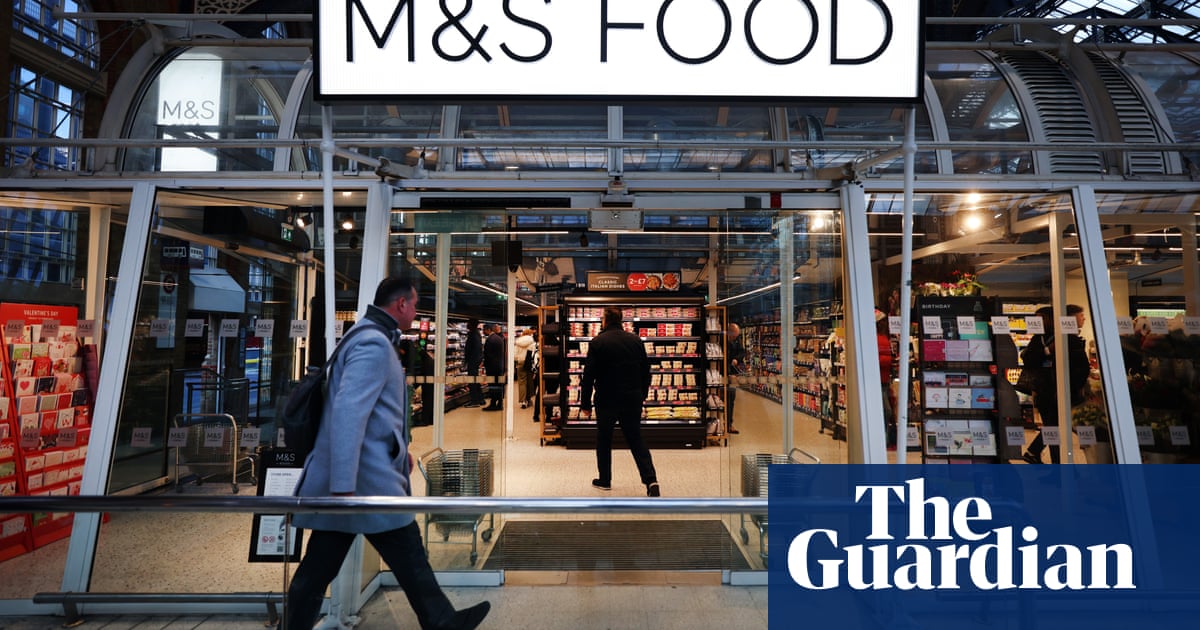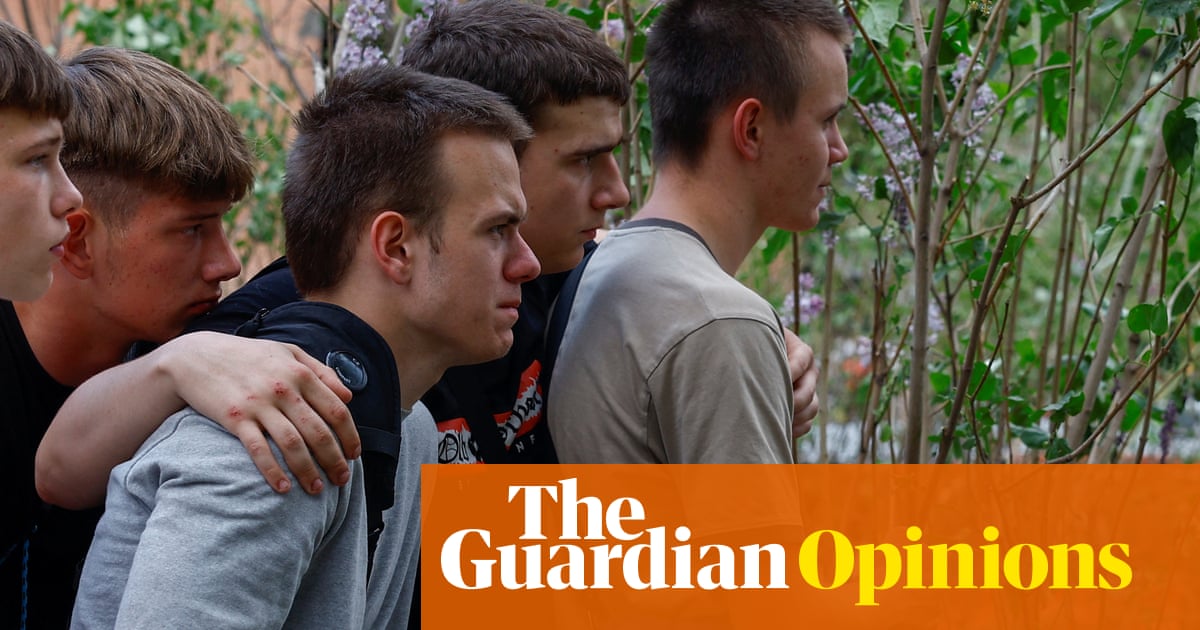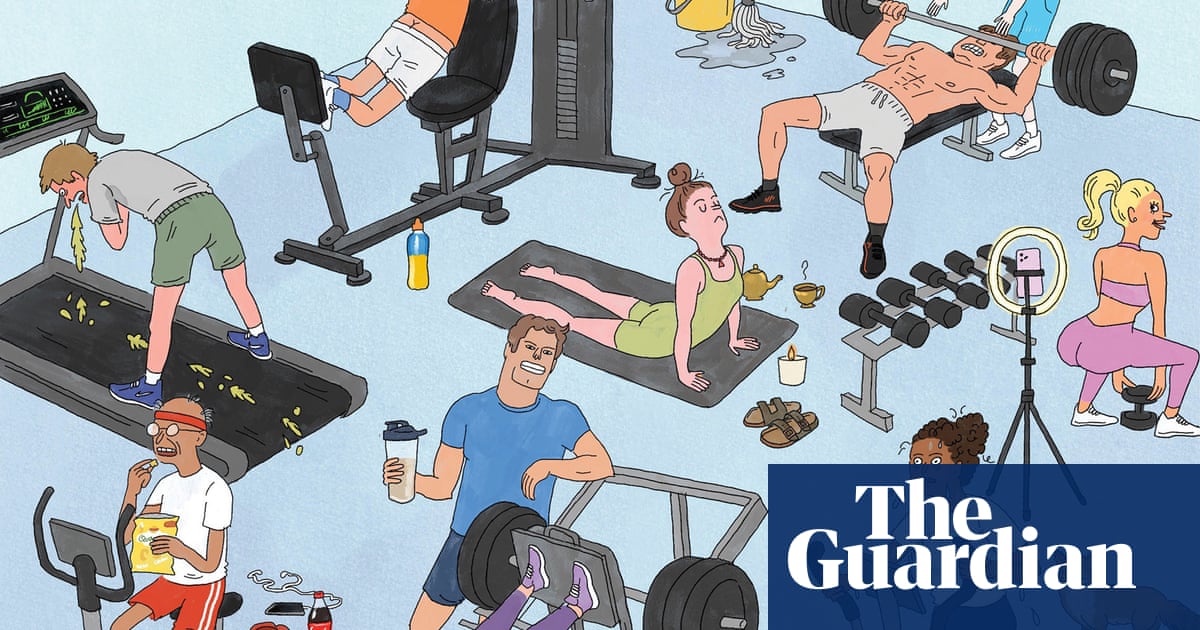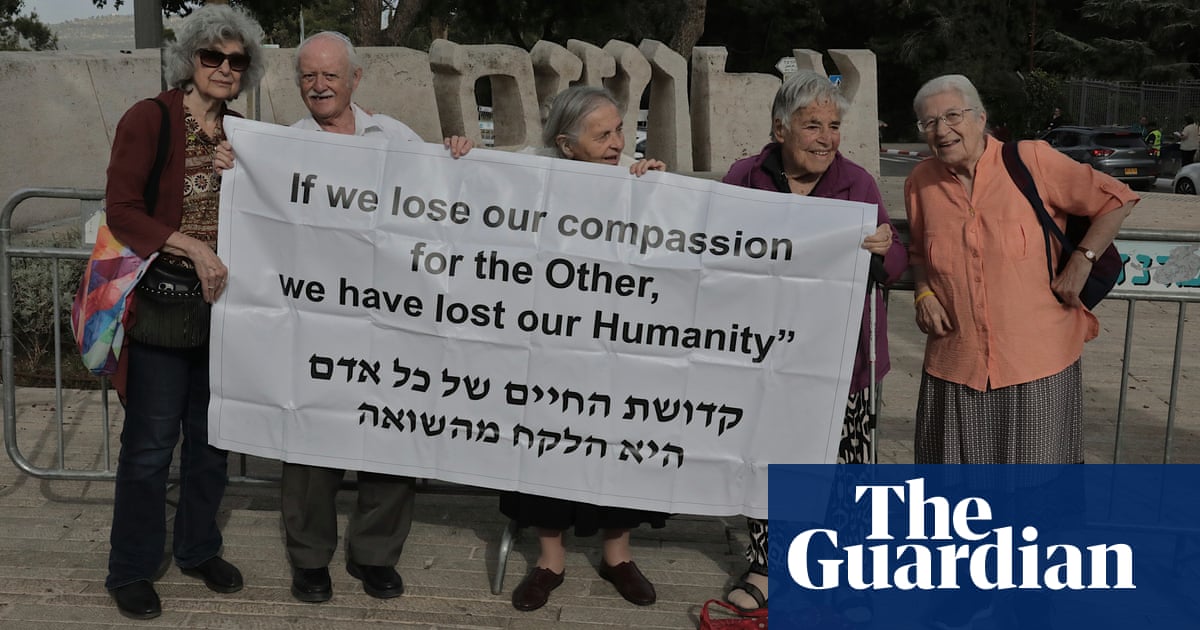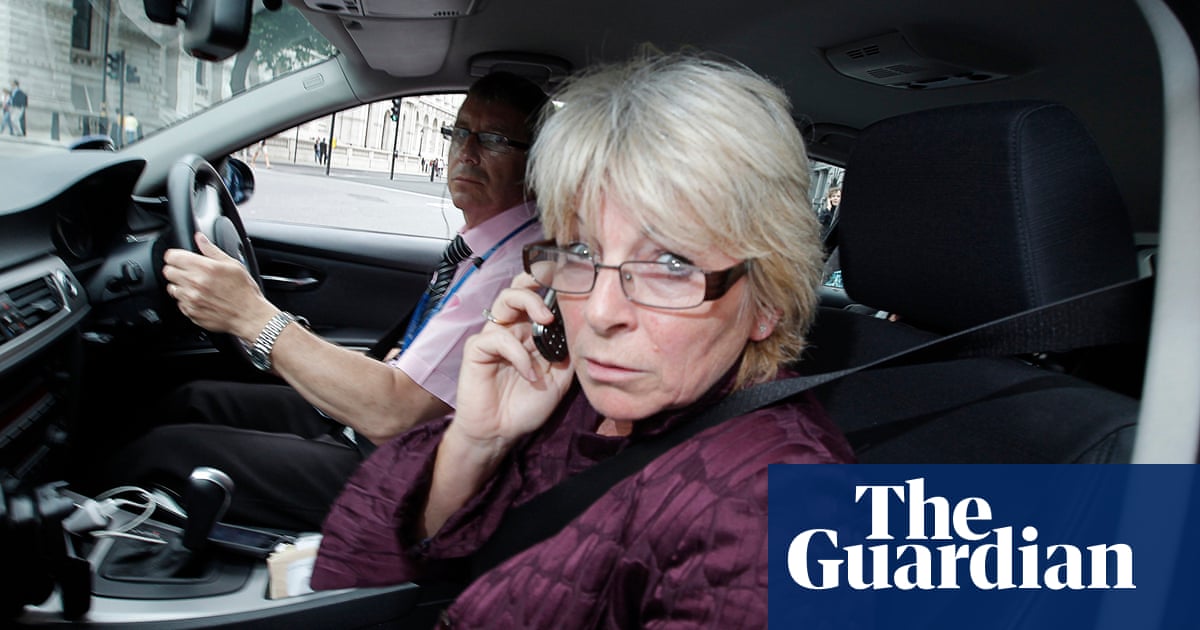At next week’s local elections, few will be voting on how their council is run. They will be passing judgment on Keir Starmer, Kemi Badenoch and other national figures. Local democracy no longer thrives in Britain. An opinion poll would be cheaper.
Cut to the humble youth club. I supported a private charity in my old borough of Camden, north London, that was struggling to turn young people, mostly in their teens, away from a life of crime. The local council-run youth club had been forced to close.
The charity’s triumphs are many, and its contributions to the neighbourhood have been little short of sensational. In one year, they include 300 young people guided back to school or college after a suspension, 60 who were found jobs, 205 who completed a mental health programme, 52 gang mediations and 231 knives surrendered. The charity reckons half the people it served were saved from turning to crime.
This is a private venture run from a church and supported by donations and grants. Its service can only be described as utterly essential. It is answering a chronic urban need. Yet these types of services are collapsing. An Institute for Fiscal Studies report last year charted a 30% fall in the number of youth centres in London between 2010 and 2019. A similar Unison survey found that 1,243 council youth clubs in England and Wales closed over the austerity period, with just 581 still operating.
The government boasts that it is fighting crime. It is doing so by increasing police numbers by 13,000 (by 2029) and building four new prisons. These prisons will cost a staggering £2.3bn and lock up 14,000 more criminals. This seems an extravagance when nothing is being done to limit crime in the first place. Britain still refuses to go down the route that even New York now takes, in licensing and regulating its cannabis market. It leaves county lines rampant. The government refuses to imitate Norway and other European countries whose prisons are primarily for rehabilitation rather than punishment. British reoffending rates are more than twice as high as Norway’s. Britain breeds crime. Norway cures it.
Nothing would more obviously cut crime than helping young people avoid becoming criminals. The most glaring statistic at present is that, after the pandemic, school suspensions and absences soared by 67%. We should note that violence, burglary and car crime have fallen dramatically over the decades in Britain and crime hysteria is inappropriate. But exclusion from school is a surefire warning of trouble ahead. So why is it so neglected?
The answer is that democracy can be a cruel taskmaster. Over the years, central government has grasped ever more functions of the welfare state, or at least the ones that carry political clout and glamour. Westminster has taken control of hospitals, most secondary education and now, under the present government, housing supply and even potholes. All these topics adorn the Commons dispatch box and win money and manifesto pledges. The prime minister behaves as if he were mayor of England.
The Cinderellas left to the discretion of local councils include rubbish collection, libraries, care of the elderly and youth clubs. Since the sums spent on these functions are not ordained by central government, they were butchered by austerity after 2010. They have never recovered. The collapse of NHS hospitals has been partly attributed to the failure of the care sector. Some 800 libraries have closed. Youth clubs have suffered the worst, with two-thirds vanishing.
There are two sorts of public servant in a welfare state. There are those who live by their phones, issue orders, spend money and quantify success. And there are others who go out and make human contact with those who need them. Youth workers make it their job to befriend the lonely, who have escaped their homes on to the street. There they are vulnerable to bullying, gang membership, violence and the dark alleys of the drugs market. They must be the hardest people to help.
Youth centres may seem tame places – a pool table, a boxing ring, some books, a health adviser, an ex-offender turned mentor. But they save huge amounts of money in averting that most extravagant of occupations, a life of crime and punishment. At present, Britain is everywhere seeing the closure of places of communal coming together. Churches, pubs, playing fields, police stations and high street shops are fast disappearing. The public realm is facing abandonment. Of this fate, the loss of the youth club would be most dangerous of all.
-
Simon Jenkins is a Guardian columnist

 6 hours ago
10
6 hours ago
10




